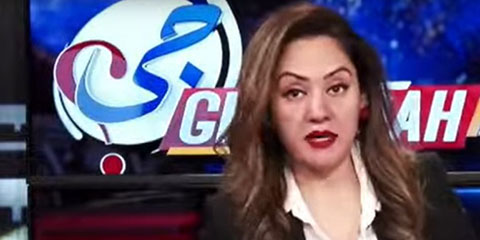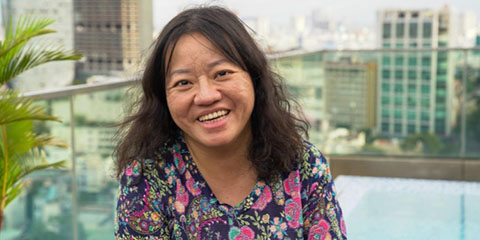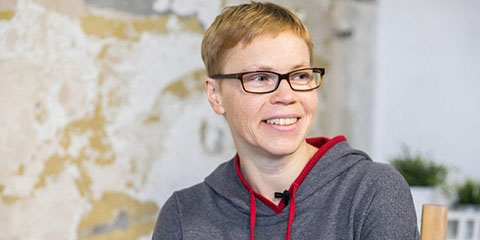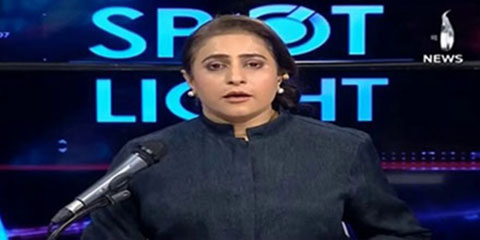Global extremism threatens women journalists, warns IFJ
JournalismPakistan.com | Published: 25 November 2025 | JP Global Monitoring Desk
Join our WhatsApp channel
The IFJ warns that the rise of extremism worldwide poses significant threats to women journalists and their rights. They call for legislative measures and enhanced protections to ensure the safety of female media professionals.Summary
GENEVA — On the eve of International Day for the Elimination of Violence against Women, the International Federation of Journalists (IFJ) and its Gender Council warned that the global rise of extremism poses an unprecedented threat to women journalists and women’s rights.
The IFJ Gender Council, representing women and men journalists from IFJ-affiliated unions worldwide, expressed concern over extremist movements undermining gender equality and fueling attacks on women journalists through online abuse, harassment, violence, and coordinated disinformation campaigns.
Extremist threats target women journalists globally
In Afghanistan, Taliban authorities have systematically restricted women’s education and employment, forcing many women journalists to leave the profession. A survey by the Afghan National Journalists' Union (ANJU), an IFJ affiliate, revealed that 87 percent of women journalists have faced gender discrimination and 60 percent have lost their jobs or careers under Taliban rule.
In Europe, far-right parties have advanced policies undermining reproductive rights and gender equality. In Italy, investigative journalists such as Marilù Mastrogivanni and Federica Angeli have received death threats and police protection. In Spain, Vox launched a smear campaign against journalist Cristina Fallarás following her criticism of the party.
Global far-right politics amplify risks
In Argentina, supporters of President Javier Milei have targeted journalists and women’s rights activists, including more than 65 misogynistic posts on X attacking journalist Julia Mengolini. Women journalists covering gender issues reported waves of threats in response to their reporting.
A 2025 report by NUSOJ, the Somali journalists' union affiliated with IFJ, highlighted attacks on women journalists by extremist groups, including Al-Shabaab and ISIS, showing how political and security contexts exacerbate the risk for female media professionals.
IFJ calls for stronger protections and ethical standards
In a declaration published on November 24, the IFJ Gender Council called for legislation protecting women journalists, better safeguards for reporting on extremist groups, condemnation of extremism, higher newsroom ethical standards, cooperation with digital platforms to curb online threats, and expanded media literacy to counter disinformation and misogyny.
IFJ Gender Council chair Maria Ángeles Samperio emphasized the urgency of enforceable gender policies and protection for journalists reporting on far-right activities, warning that progress on women’s rights could be undone without swift action. IFJ General Secretary Anthony Bellanger reaffirmed the union’s rejection of violence against women and stressed that safeguarding gender equality is essential for democratic societies.
ATTRIBUTION: Reporting based on IFJ and IFJ Gender Council statements and reports
KEY POINTS:
- IFJ warns global extremism increasingly threatens women journalists
- Taliban restrictions in Afghanistan have forced many women journalists out of the profession
- Far-right parties in Europe and Argentina are targeting investigative female journalists with harassment and threats
- Extremist groups like Al-Shabaab and ISIS attack women journalists in Somalia
- IFJ Gender Council calls for stronger legislation, newsroom ethics, digital platform cooperation, and media literacy
























